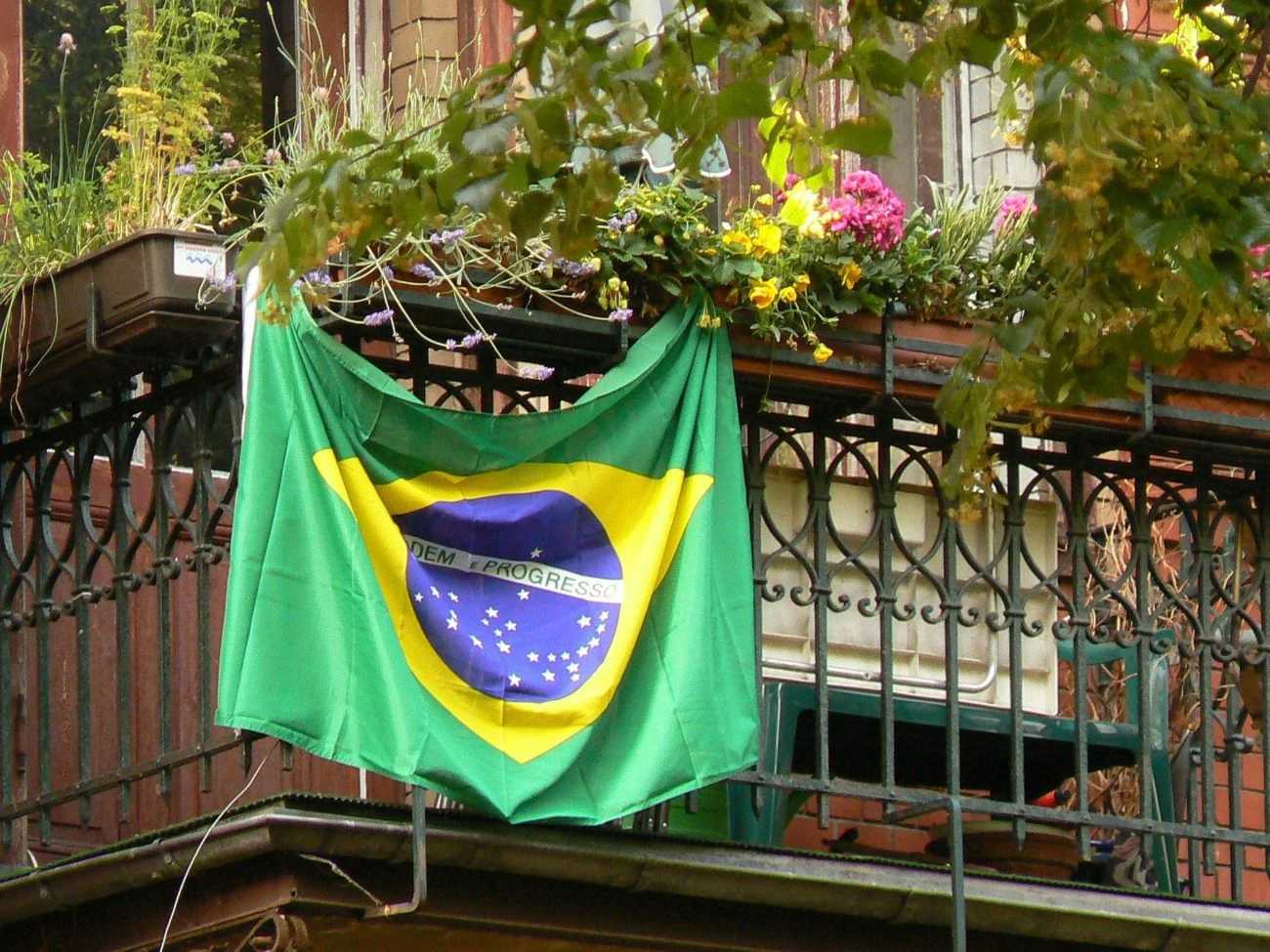Brazilian lotteries boosted by Mega-Sena performance in Q2

The Brazilian lottery market has reported a 52.6% year-on-year increase in revenue for the second quarter of 2019, with the market benefitting from the contribution from the Mega-Sena game more than doubling over the period.
Revenue for the three months to 30 June, 2019 grew to R$4.76bn (£945.1m/€1.06bn/$1.17bn), driven by a 142.3% year-on-year rise in Mega-Sena revenue to R$2.52bn.
The Secretariat of Evaluation, Planning, Energy and Lottery (SECAP) noted that this was largely down to a number of jackpot rollovers, which saw the largest lottery prize in Brazil’s history, of R$289.4m, on offer for the draw on 11 May.
This growth helped offset weaker performances from other lottery products on the market, such as Lotofácil, which reported a 3.0% decline in revenue to R$1.0m. While Quina, the third largest game in terms of revenue, reported a 14.1% increase to R$0.7m, it remained in third. None of the other seven products in the market generated more than R$0.1m over the quarter.
As a result of the revenue growth, money raised for social causes increased significantly in Q2, rising 51.4% year-on-year to R$2.24bn.
The figures have been released against a backdrop of change in the Brazilian gaming industry, with SECAP currently drafting a bill to legalise online and land-based sports betting in the country. Following a public consultation, which attracted a record 1,849 submissions, the Ministry of Finance division aims to publish a draft bill later this month.
To date it has been confirmed that a 1% turnover tax will be levied on licensees, which can secure nine-year licences for an initial fee of R$3m.
In addition Brazil’s Investment Partnership Programme (PPI) has launched a new tender to privatise the country’s instant win gaming business Loteria Exclusiva Instantânea (Lotex). After a number of failed attempts, the government has significantly reduced the eligibility requirements, and further staggered payment of the tender fee.
Bidders that have operated a business generating R$560m over a calendar year may now apply (the minimum requirement was previously R$1.2bn), and pay the winning bid (set at a minimum of R$542.1m) in eight instalments.
Bids are to be submitted by 17 October, with the winner to be selected by 23 December, and the final contract signed by 16 April, 2020.
